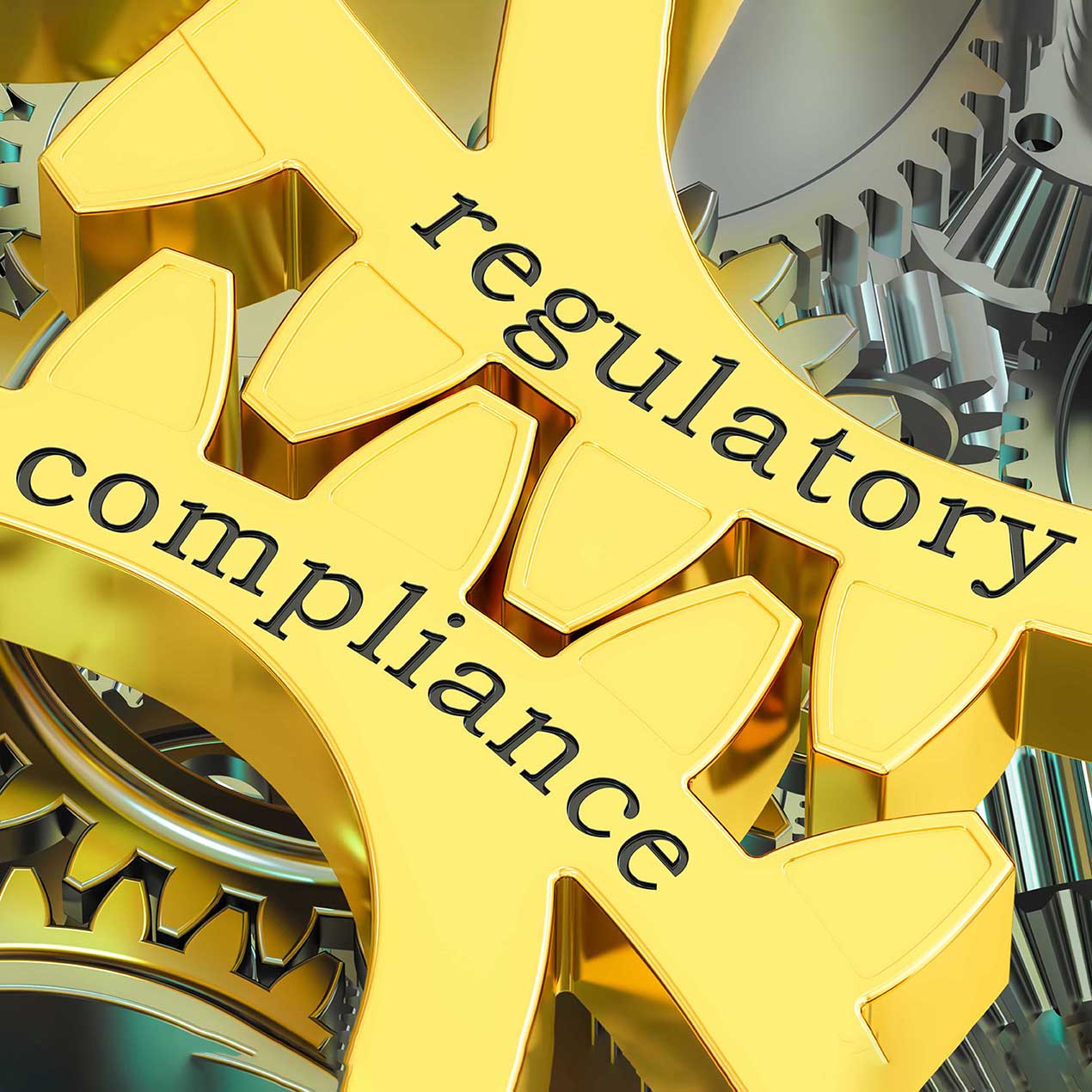Ensuring Compliance and Regulations in Supply Chain Management

#Compliance #Regulations
In today's globalized business environment, supply chain management plays a crucial role in the success and sustainability of organizations. However, with the complexity and intricacies involved in supply chain operations, ensuring compliance with laws and regulations has become a pressing challenge. This blog aims to explore the importance of compliance and regulations in supply chain management and provide insights into effective strategies for achieving and maintaining them.
1. Understanding Compliance and Regulations in Supply Chain Management:
Compliance refers to adhering to specific laws, regulations, and standards set by local, regional, and international authorities. In the context of supply chain management, compliance encompasses various aspects, such as labor laws, environmental regulations, product safety and quality standards, ethical sourcing, and trade compliance.
2. The Significance of Compliance and Regulation:
2.1 Legal Consequences and Reputational Risks:
Non-compliance with laws and regulations can lead to severe legal consequences, including fines, penalties, and even imprisonment. Moreover, failure to ensure compliance can damage an organization's reputation, impacting customer trust, investor confidence, and partner relationships.
2.2 Ethical Considerations:
Promoting compliance and adhering to regulations is not just a legal requirement, but also an ethical responsibility. Organizations must consider the well-being of their workers, environmental sustainability, fair trade practices, and the overall impact of their supply chain on society.
3. Key Challenges in Achieving Compliance in Supply Chain Management:
3.1 Supplier Verification and Auditing:
Ensuring compliance starts with thoroughly vetting and verifying suppliers across the entire supply chain. This necessitates conducting regular audits, monitoring their practices, and verifying certifications and compliance documentation.
3.2 Multinational Regulatory Variations:
Dealing with global supply chains involves navigating various regulatory frameworks. Each country may have its unique compliance requirements that organizations must understand and comply with, requiring extensive knowledge and continuous monitoring.
3.3 Supply Chain Transparency and Traceability:
Maintaining compliance often requires end-to-end transparency and traceability throughout the supply chain. Organizations need robust systems and technologies to trace the origin and journey of raw materials, components, and finished products.
4. Effective Strategies for Ensuring Compliance and Regulations:
4.1 Collaborative Relationships with Suppliers:
Nurturing supplier relationships based on open communication, trust, and shared goals is vital. Regular engagement with suppliers facilitates transparency and helps address compliance issues promptly.
4.2 Implementing Robust Compliance Management Systems:
Utilizing advanced technologies, such as supply chain management software and analytics tools, can enhance compliance management. These systems enable real-time monitoring, data analysis, and risk assessment, facilitating proactive compliance measures.
4.3 Continuous Education and Training:
Organizations must invest in educating their workforce on compliance requirements, regulations, and best practices. Regular training programs help create a compliance-focused culture, empowering employees to identify and address compliance challenges.
Conclusion:
Ensuring compliance and adhering to regulations within the supply chain is indispensable for organizations aiming to thrive ethically and legally in today's business landscape. Embracing transparency, collaboration, robust technology, and continuous education can empower organizations to build a compliant supply chain that prioritizes legal obligations, ethical practices, and societal well-being.




Leave a comment